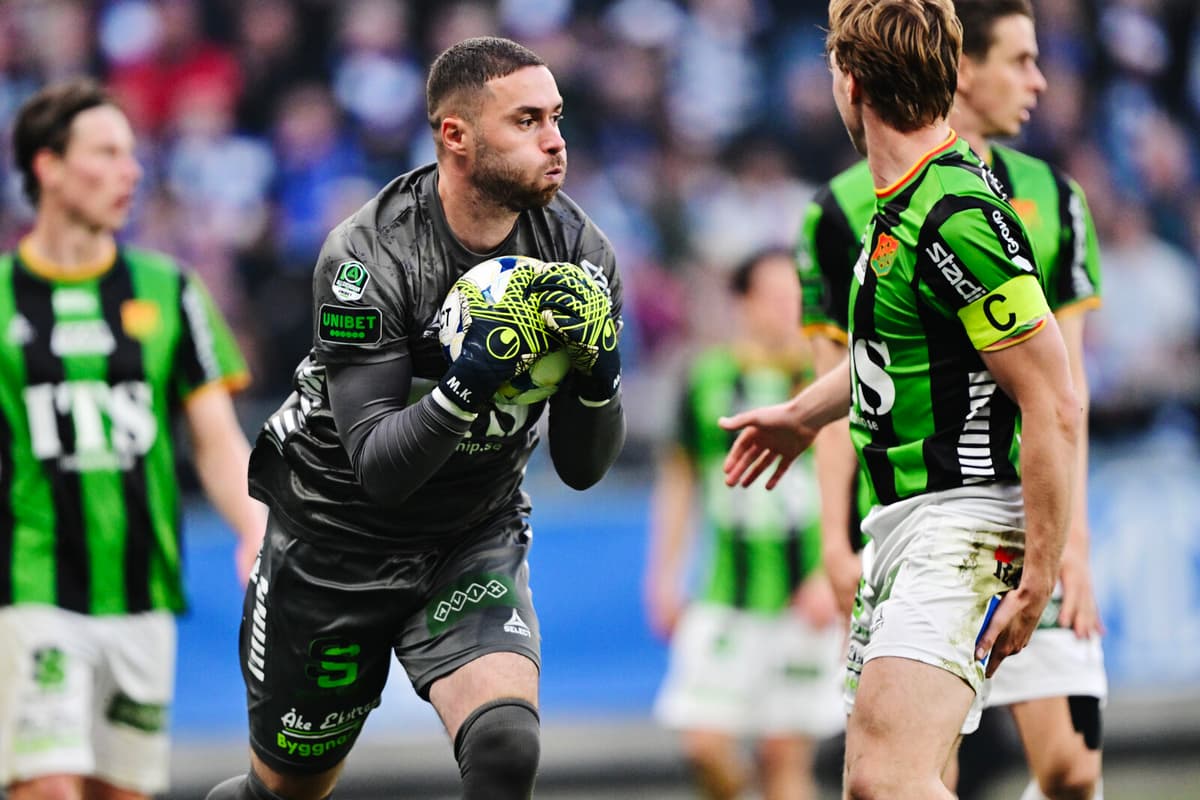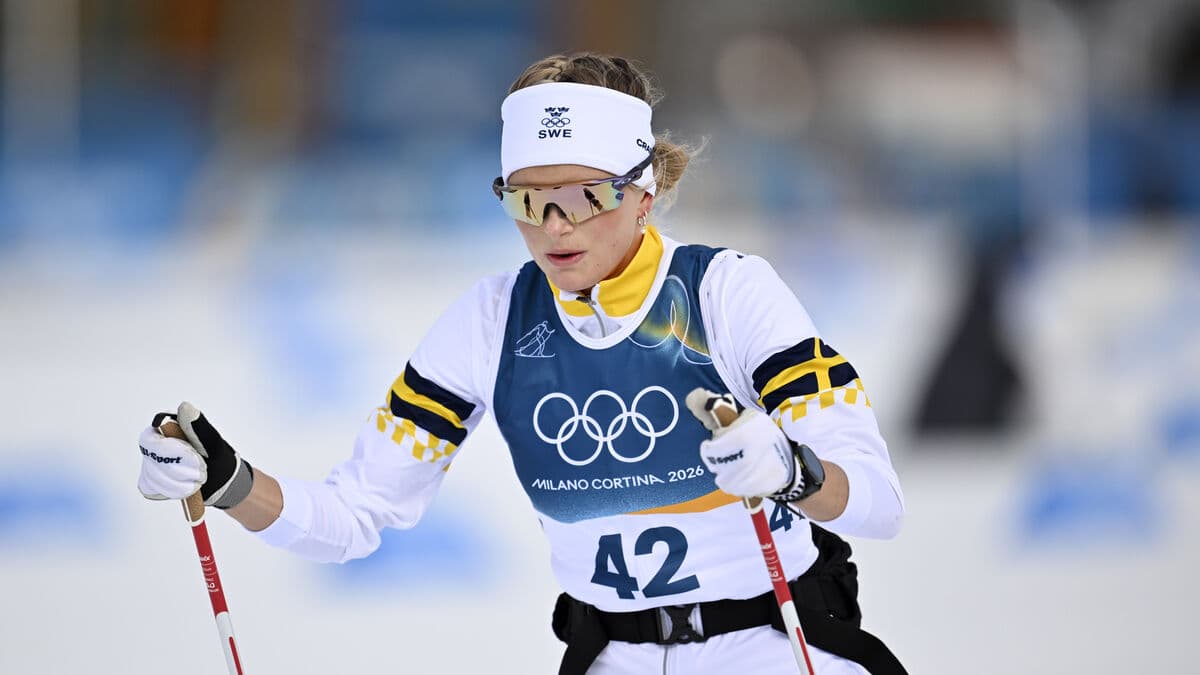International Football Association Board (Ifab) came to the conclusion to adjust several rules a while back.
”The big topic of discussion is of course that Ifab now changes the number of seconds the goalkeeper is allowed to hold the ball, but they also change the consequence if the goalkeeper breaks the rule” says Jan Berg, rule responsible in the football association's referee committee in a statement on the association's website.
Eight seconds
The goalkeeper is allowed to hold the ball – with full control – for a maximum of eight seconds. If the time is exceeded, the referee should award a corner kick to the opponent. Is it worth disturbing and putting pressure on the goalkeeper? No. If it happens, the goalkeeper's team will be awarded an indirect free kick.
"We have looked at several different examples and given all referees the opportunity to clarify any question marks. We hope and believe that it will work well in our top leagues now after the break” says Jan Berg.
The rule about how long the goalkeeper is allowed to hold the ball is complemented by a few more new rule changes. The most important ones:
+ When dropping the ball, if the ball is outside the penalty area when the referee stops the game, the drop ball should be made to the team that has the ball or to the team that would have gotten the ball, if it can be determined by the referee. Otherwise, the drop ball is made to the team that last touched the ball. If the ball is in the penalty area, the drop ball is made to the defending team's goalkeeper.
+ If a team official, player who is temporarily outside the field, substitute, substituted or sent-off player touches the ball when it leaves the playing field, the referee should award an indirect free kick without disciplinary punishment if there was no intention to influence the game in an unfair way.
New regarding penalties
+ If the penalty kicker kicks the ball with both feet at the same time or if the ball touches the supporting leg/foot immediately after the kick, the following applies:
if the kick results in a goal, it should be retaken.
if the kick does not result in a goal, the defending team is awarded an indirect free kick (unless the referee applies the advantage rule to clearly benefit the defending team) or, if it happens in a penalty shootout, the penalty kick is registered as missed.
if the player intentionally kicks the ball with both feet at the same time or intentionally touches the ball a second time before it has touched another player, the defending team is awarded an indirect free kick (unless the referee applies the advantage rule to clearly benefit the defending team) or, if it happens in a penalty shootout, the penalty kick is registered as missed.
The new rules come into effect in Superettan on July 19, in Elitettan on July 26, and in Damallsvenskan on August 10.
Other leagues are not affected by the changes until next year.
Henrik Skiöld/TT
Facts: Allsvenskan restart
TT
Saturday: Hammarby–Halmstad, Öster–Sirius
Sunday: AIK–IFK Göteborg, Degerfors–Brommapojkarna, Häcken–Gais, Värnamo–Elfsborg
Monday: Djurgården–IFK Norrköping, Mjällby–Malmö FF






